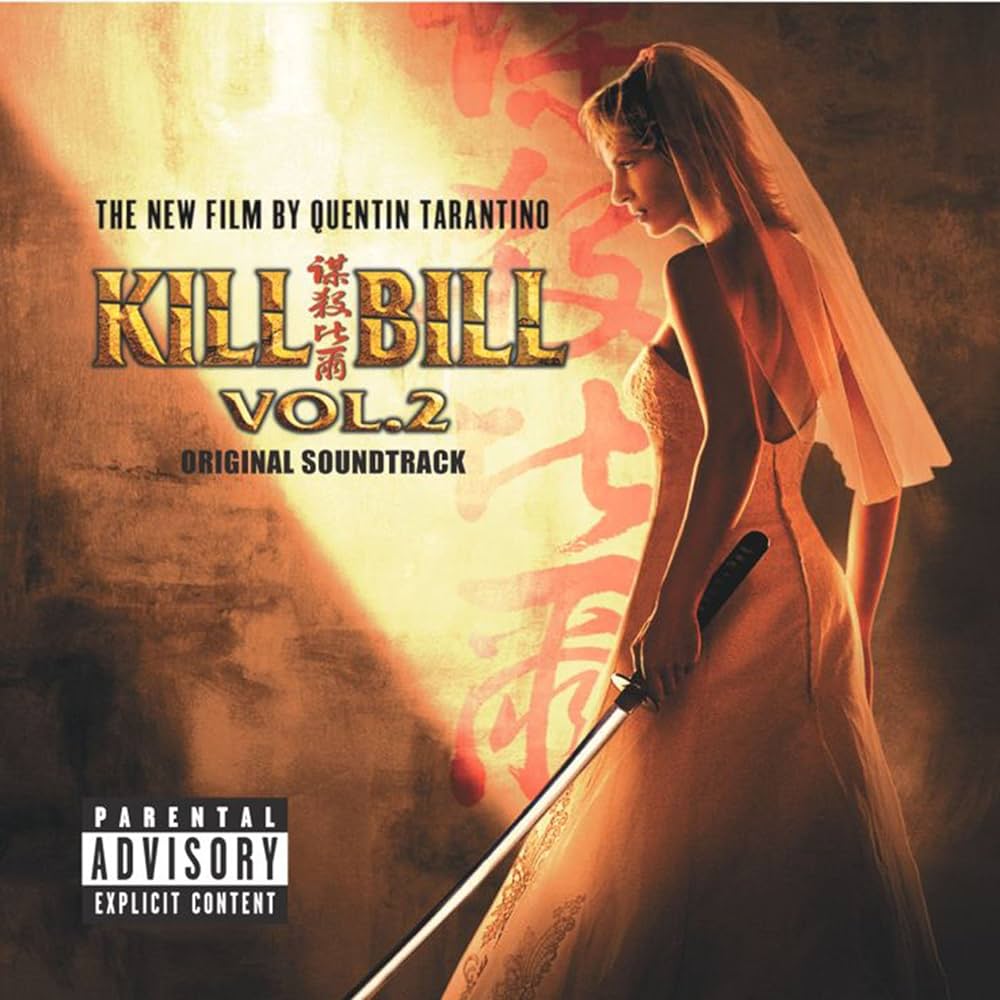Was Ricardo Montalbán Supposed to be in Kill Bill: Volume 2?

Quentin Tarantino’s casting process for the role of Esteban Vihaio in “Kill Bill: Volume Two” is an interesting story that highlights the dynamic nature of film production and the serendipity that can occur when an unexpected change leads to a perfect fit.
Initial Casting of Ricardo Montalbán
- Original Choice: Ricardo Montalbán, the iconic actor known for his suave and charismatic roles, was Tarantino’s first choice for the role of Esteban Vihaio. Montalbán’s distinguished career and his ability to bring depth to his characters made him an appealing candidate for the part of the aging, charismatic Mexican pimp.
- Table Read Incident: Montalbán was cast, but he did not show up to the table read. This absence created a significant issue for the production, as table reads are crucial for gauging the chemistry between actors and refining the script based on their performances.
Michael Parks’ Winning Performance
- Stepping In: With Montalbán absent, Tarantino needed someone to read for Esteban Vihaio during the table read. Michael Parks, who was already involved in the project playing the role of Texas Ranger Earl McGraw, stepped in to read for Esteban.
- Impressive Read: Parks delivered an exceptional performance during the table read. His nuanced portrayal of Esteban Vihaio impressed Tarantino and the rest of the cast and crew. Parks’ ability to convey the complexity of the character with subtlety and depth convinced Tarantino that he was the right choice for the role.
Decision and Outcome
- Tarantino’s Choice: Tarantino was so taken with Parks’ performance that he decided to cast him as Esteban Vihaio instead of Montalbán. The director’s admiration for Parks’ talent and his ability to bring characters to life in a unique way played a significant role in this decision.
- Paying Off Montalbán: Despite changing his mind, Tarantino honored his commitment to Montalbán. He paid the actor for the role, even though Montalbán ultimately did not perform in the film. This decision reflected Tarantino’s respect for Montalbán and his professional approach to handling the situation.
- Satisfaction with Parks: Tarantino was ultimately much happier with Michael Parks taking on the role of Esteban Vihaio. Parks brought a distinctive and compelling presence to the character, enhancing the film’s overall narrative. His portrayal of Esteban added layers of charm, menace, and complexity, making the character memorable and integral to the storyline.
Impact on the Film
- Character Depth: Parks’ portrayal of Esteban Vihaio enriched the film, providing a character that was both charming and sinister. His performance contributed to the film’s exploration of themes such as loyalty, power, and the passage of time.
- Legacy: The role of Esteban Vihaio became one of the standout performances in “Kill Bill: Volume Two,” showcasing Parks’ range as an actor and further cementing his place in Tarantino’s cinematic universe.
The casting of Michael Parks as Esteban Vihaio in “Kill Bill: Volume Two” is a testament to the fluid nature of filmmaking and the importance of flexibility and openness to unexpected changes. Parks’ impressive table read performance not only won over Tarantino but also led to a casting decision that enhanced the film’s narrative and character development. Tarantino’s decision to pay off Ricardo Montalbán and his ultimate satisfaction with Parks’ portrayal demonstrate his respect for actors and his commitment to creating the best possible film.
Michael Parks – Early Career and Rediscovery
- Michael Parks’ Career: Michael Parks had a varied career, starting in the 1960s with roles in TV series like “Then Came Bronson” and films such as “Bus Riley’s Back in Town.” Despite his talent, Parks often found himself in smaller roles or typecast, limiting his mainstream success.
- Tarantino’s Rediscovery: Tarantino, known for his encyclopedic knowledge of film and television, recognized Parks’ talent and saw an opportunity to bring him back into the spotlight. Tarantino’s penchant for reviving the careers of underappreciated actors fit perfectly with Parks’ situation.
Key Collaborations
- “From Dusk Till Dawn” (1996): Parks first collaborated with Tarantino on this film, directed by Robert Rodriguez and written by Tarantino. Parks played the role of Texas Ranger Earl McGraw, a character that would become iconic in Tarantino’s universe.
- “Kill Bill” Series (2003-2004): Tarantino cast Parks in dual roles in “Kill Bill.” He reprised his role as Earl McGraw and also played the role of Esteban Vihaio, a Mexican pimp. Parks’ performances showcased his range and were pivotal to the films’ narratives.
- “Death Proof” (2007): Parks once again portrayed Earl McGraw in this segment of the double-feature film “Grindhouse,” directed by Tarantino. The continuity of this character across multiple films emphasized Parks’ importance in Tarantino’s cinematic world.
- “Kill Bill: Vol. 2” (2004): In addition to Earl McGraw, Parks played the role of Esteban Vihaio, the aging, charismatic Mexican pimp. This role was particularly significant as it demonstrated Parks’ ability to bring depth and nuance to diverse characters.
Tarantino’s Admiration
- Talent Recognition: Tarantino has often praised Parks for his acting abilities, describing him as one of the greatest living actors. He admired Parks’ ability to convey complex emotions and create memorable characters with subtlety and depth.
- Character Versatility: Tarantino appreciated Parks’ versatility and range, evident in the varied roles he was given in Tarantino’s films. Whether playing a law enforcement officer or a sinister criminal, Parks brought a unique presence to the screen.
- Homage and Continuity: By repeatedly casting Parks as Earl McGraw, Tarantino created a sense of continuity and homage within his filmography. This character’s recurring appearances became a trademark of Tarantino’s universe, further solidifying Parks’ legacy.
Legacy and Impact
- Revitalized Career: Tarantino’s recognition and casting of Parks helped revitalize his career, introducing him to a new generation of audiences and filmmakers. Parks continued to work in film and television until his passing in 2017.
- Cultural Impact: Parks’ performances in Tarantino’s films are celebrated by fans and critics alike. His portrayal of Earl McGraw and other characters remains iconic and influential in contemporary cinema.
Quentin Tarantino’s obsession with Michael Parks was rooted in a profound respect for his talent and a desire to showcase his abilities to the world. Through their collaborations, Parks delivered some of the most memorable performances in Tarantino’s filmography, leaving a lasting legacy in the world of cinema.




